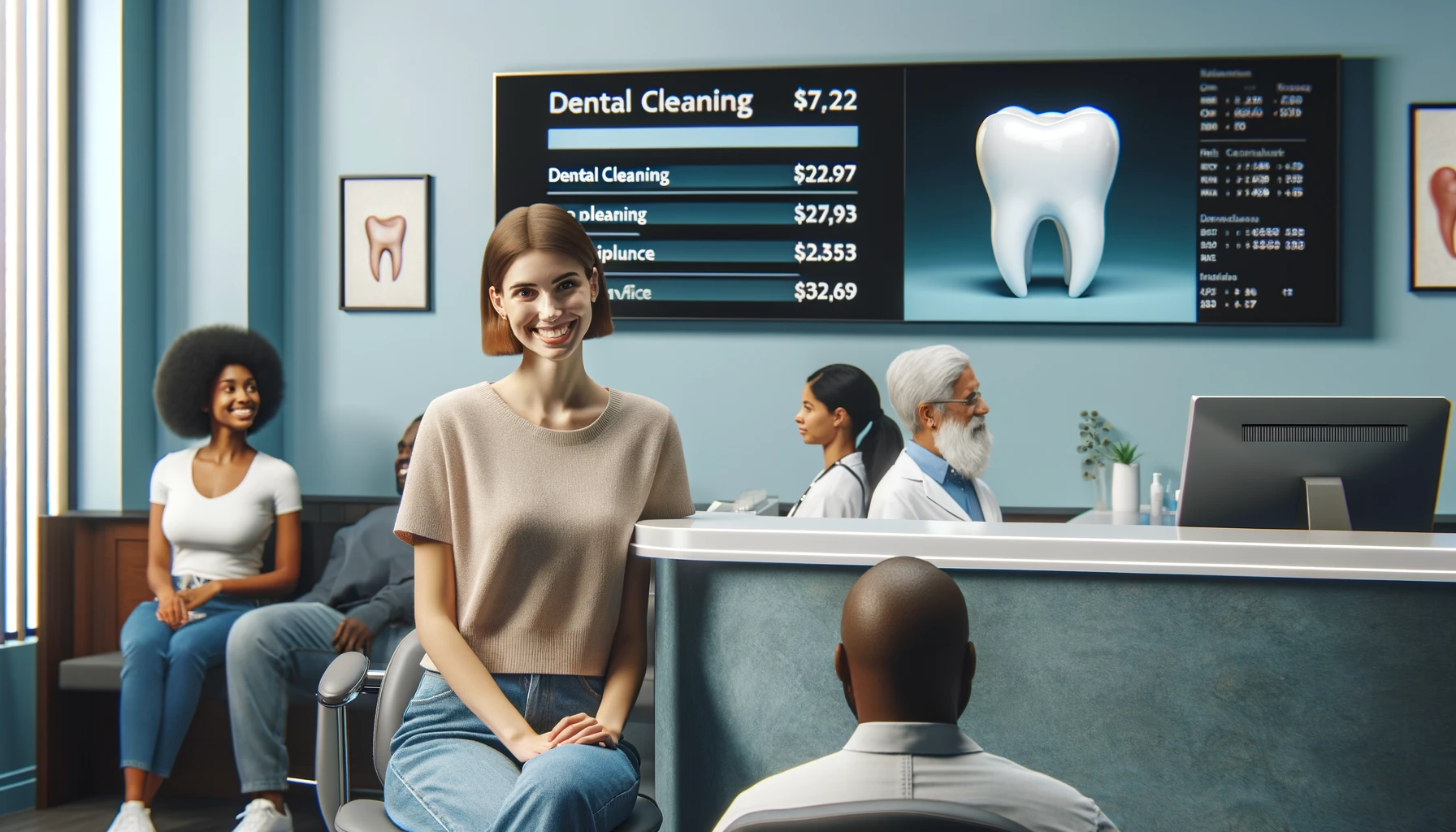Dentistry is not just a profession; it’s a calling that blends the art and science of healthcare. As a dentist, you have the unique opportunity to transform lives by promoting oral health and enhancing overall well-being. However, the path to becoming a dentist is both demanding and rewarding, requiring years of dedication, hard work, and an unwavering passion for lifelong learning. In this guide, we will explore the various stages of becoming a dentist, the timeline involved, and what you can expect along the way.
The Importance of Oral Health: Understanding the Mouth-Body Connection
Before diving into the specifics of becoming a dentist, it’s crucial to recognize the vital role oral health plays in overall health. The mouth serves as a window to the body, and research has established a strong link between oral health and systemic conditions. Poor oral hygiene can lead to various chronic diseases, including:
- Cardiovascular disease
- Diabetes
- Respiratory infections
- Pregnancy complications
- Cognitive decline
Conversely, maintaining good oral health can help prevent these conditions and significantly improve your quality of life. As a dentist, you will be at the forefront of promoting oral health and educating patients about this essential connection.
The Educational Journey: From High School to Dental School
The journey to becoming a dentist begins long before you step foot in dental school. Here’s a breakdown of the educational pathway:
High School Preparation
To set yourself up for success in pursuing a dental career, focus on your studies and extracurricular activities during high school. Key steps include:
- Excelling in Science and Math: Prioritize courses like biology, chemistry, and physics.
- Maintaining a High GPA: Aim for academic excellence to enhance your college applications.
- Engaging in Extracurricular Activities: Participate in healthcare-related activities or community service.
- Gaining Exposure: Shadow or volunteer at local dental offices to gain firsthand experience.
Undergraduate Studies
After high school, the next step is earning a bachelor’s degree. While there’s no specific major required for dental school, many aspiring dentists choose science-related fields such as:
- Biology
- Chemistry
- Biochemistry
- Microbiology
- Physics
During your undergraduate years, complete prerequisite courses necessary for dental school admission:
- Biology with lab
- General Chemistry with lab
- Organic Chemistry with lab
- Physics with lab
- English
- Mathematics (Calculus or Statistics)
Maintaining a strong academic record—typically with a GPA of 3.5 or higher—is crucial for competitive dental school applications.
The Dental Admission Test (DAT)
To apply for dental school, you must take the Dental Admission Test (DAT), which assesses your academic abilities and potential for success in dental education. The DAT covers four main areas:
- Natural Sciences (Biology, General Chemistry, Organic Chemistry)
- Perceptual Ability (spatial reasoning)
- Reading Comprehension
- Quantitative Reasoning
Preparing for the DAT is essential; many students opt for preparation courses or study materials to ensure they are well-equipped for the exam.
Dental School: A Four-Year Immersive Experience
Upon completing your undergraduate degree and achieving a competitive DAT score, you can apply to accredited dental schools. Most dental programs in the U.S. are four-year full-time programs leading to either a Doctor of Dental Surgery (DDS) or a Doctor of Dental Medicine (DMD) degree.
The Dental School Curriculum
The curriculum is designed to provide comprehensive education in biomedical, clinical, and behavioral sciences related to dentistry. While specifics may vary among schools, most follow this structure:
Years 1-2: Biomedical Sciences and Preclinical Training
Students focus on foundational subjects such as:
- Anatomy and Physiology
- Biochemistry
- Microbiology
- Dental Anatomy
- Dental Materials Science
- Preclinical Operative Dentistry
During these years, students primarily engage in classroom learning and laboratory work while developing clinical skills through simulated patient experiences.
Years 3-4: Clinical Training and Patient Care
The final two years emphasize hands-on clinical training where students work directly with patients under licensed dentists’ supervision. Key areas include:
- Clinical Operative Dentistry
- Prosthodontics
- Endodontics
- Periodontics
- Oral Surgery
- Pediatric Dentistry
- Orthodontics
Students also participate in community outreach programs that provide care to underserved populations.
Specialization Options
After graduating from dental school, many choose to practice as general dentists; however, some may pursue advanced training in specialties such as:
- Orthodontics
- Oral and Maxillofacial Surgery
- Pediatric Dentistry
- Endodontics
- Periodontics
Specialization requires additional residency training ranging from two to six years.
Licensure and Continuing Education
Upon completing dental school, graduates must obtain licensure to practice dentistry in their state. Requirements typically include passing written examinations like the National Board Dental Examination (NBDE) and completing clinical exams.
Dentistry is an ever-evolving field with new technologies and techniques emerging regularly. Thus, dentists must commit to lifelong learning through continuing education to provide optimal patient care.
The Rewards of a Career in Dentistry
While the journey to becoming a dentist is long and challenging, it offers numerous rewards:
- Making a Difference: Improve patients’ oral health and boost their confidence.
- Flexibility: Enjoy potential flexibility in work schedules.
- Financial Stability: Dentists earn competitive salaries; median annual earnings are approximately $163,220 according to the Bureau of Labor Statistics.
- Entrepreneurial Opportunities: Many dentists open their own practices.
- Continuous Learning: Stay engaged with advancements in dental technology.
Conclusion
Becoming a dentist is not just about mastering technical skills; it’s about dedicating yourself to improving lives through better oral health. The journey typically involves four years of undergraduate studies followed by four years of dental school—and possibly further specialization.
By understanding the timeline and educational requirements involved in this rewarding career path, aspiring dentists can make informed decisions about their future while preparing for both challenges and opportunities ahead.
At Xhaowen, we are committed to providing accurate information about dental health while honoring the vital connection between oral health and overall well-being. As you embark on your journey toward dentistry, stay informed, passionate, and dedicated—your future in this bright field awaits!
What are the main subjects to focus on in high school for a dental career?
Focus on science and math courses such as biology, chemistry, and physics. Participating in healthcare-related extracurricular activities and maintaining a high GPA are also crucial.
How important is the Dental Admission Test (DAT)?
The DAT is critical for dental school admission as it assesses your academic ability and potential for success in dental school. A competitive DAT score, along with a strong academic record, can significantly improve your chances of acceptance.
What are the benefits of specializing after dental school?
Specializing allows you to focus on a specific area of dentistry, such as orthodontics or oral surgery. It requires additional training but can lead to advanced career opportunities and potentially higher compensation.














